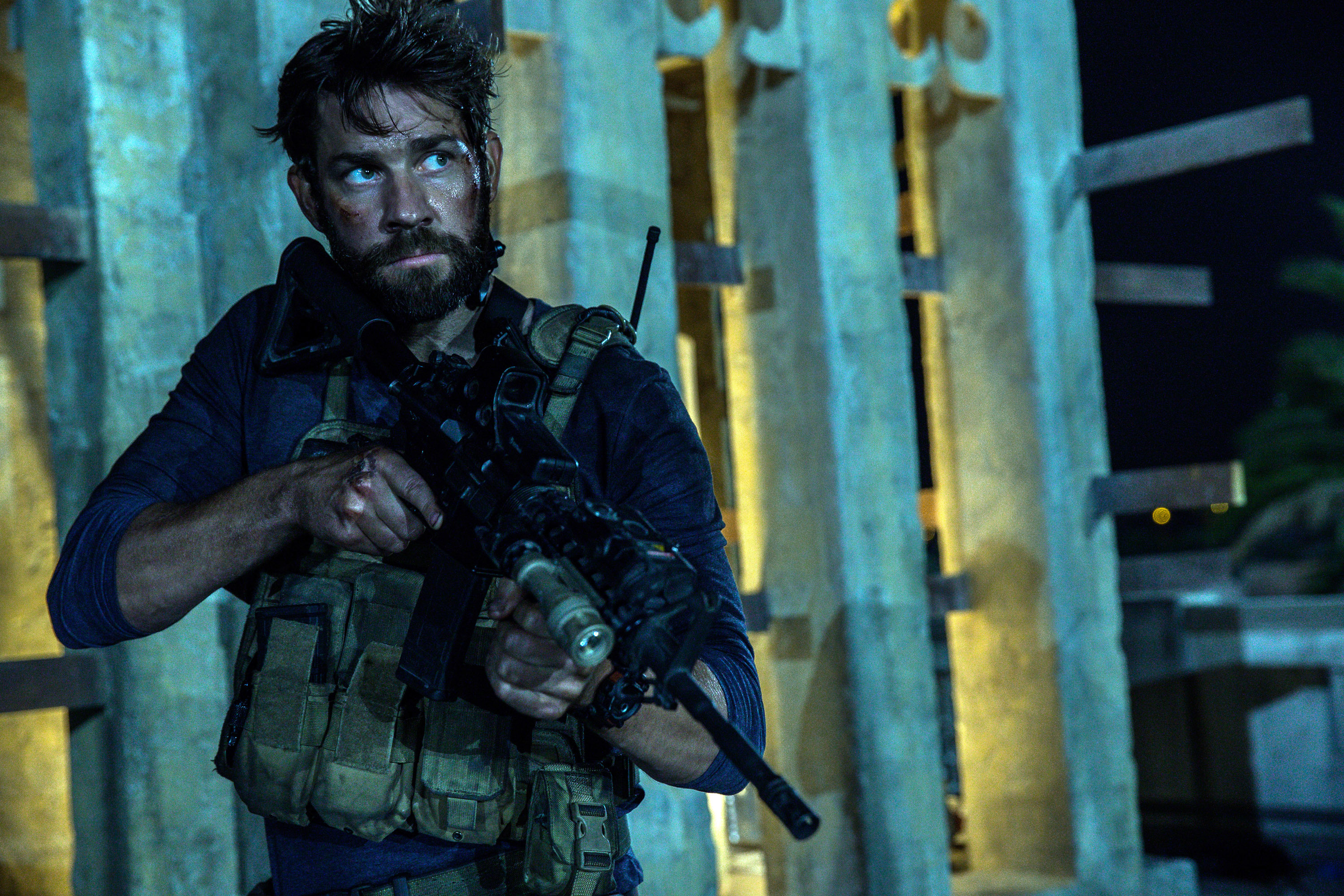Critical Reception and Public Response: Review Film 13 Hours

“13 Hours,” Michael Bay’s explosive account of the Benghazi attack, didn’t exactly tiptoe into theaters. It landed with the force of a… well, a Michael Bay explosion. The film’s reception was, to put it mildly, divisive, sparking a firestorm of debate that raged far beyond the multiplex. This wasn’t just a movie; it was a battlefield for political opinions, and the critics and the public alike found themselves squarely in the crosshairs.
The critical response to “13 Hours” was a mixed bag, to say the least. While some praised the film’s intense action sequences and the palpable sense of urgency, others criticized its arguably biased portrayal of events and its simplification of a complex geopolitical situation. Many reviewers lauded the performances, particularly the portrayal of the security team, while others felt the narrative prioritized action over nuanced character development. The film’s pro-military stance and its perceived lack of objectivity became major points of contention, dividing critics along ideological lines.
Critical Reviews: A Spectrum of Opinions
The range of critical opinions reflected a broader societal divide. Some critics, like those at the conservative leaning Breitbart News, lauded the film for its patriotic fervor and its depiction of American heroism in the face of overwhelming odds. They viewed the film as a necessary corrective to what they perceived as a biased media narrative downplaying the severity of the attack and the bravery of the security team. Conversely, liberal outlets like The New York Times offered more measured reviews, often criticizing the film’s perceived pro-military bias and its simplification of a complex political context. These reviews frequently highlighted the film’s lack of attention to the larger political implications of the Benghazi attack and the insufficient exploration of the diplomatic failures that contributed to the tragedy. Points of agreement often centered on the film’s technical proficiency—the cinematography and sound design were generally well-received, even by critics who disagreed with the film’s political message. Disagreements, however, revolved around the film’s political slant and its historical accuracy.
Public Response and Controversies, Review film 13 hours
The public’s response mirrored the critical division. Conservative audiences largely embraced the film, seeing it as a powerful tribute to the fallen and a vindication of the security team’s actions. For many, it served as confirmation of their pre-existing beliefs about the Benghazi attack and the Obama administration’s response. Conversely, liberal audiences were more likely to express skepticism, questioning the film’s accuracy and its potential to fuel partisan narratives. The film’s release became a focal point for ongoing debates about the Benghazi attack, its causes, and the political responsibility for the events. The controversy surrounding the film extended beyond simple reviews; it became intertwined with larger political conversations about national security, foreign policy, and the role of media in shaping public perception. This fueled intense online discussions and debates, further polarizing opinions and highlighting the film’s impact as a cultural phenomenon beyond simply a movie.
Influence on Public Opinion
“13 Hours” undoubtedly influenced public opinion, although the extent and direction of that influence remain a subject of debate. For those already inclined to view the Benghazi attack through a particular lens, the film served as reinforcement of their existing beliefs. For others, it sparked further investigation and discussion, potentially leading to shifts in opinion based on the information they gathered beyond the film’s narrative. The film’s impact was less about changing minds and more about solidifying existing positions and intensifying pre-existing divisions within the public discourse surrounding the Benghazi attack. The film’s influence highlights the powerful role of media, particularly blockbuster films, in shaping and reflecting public perceptions of complex political events. It also underscored the importance of critical media literacy and the need for audiences to engage with diverse perspectives when considering politically charged narratives.